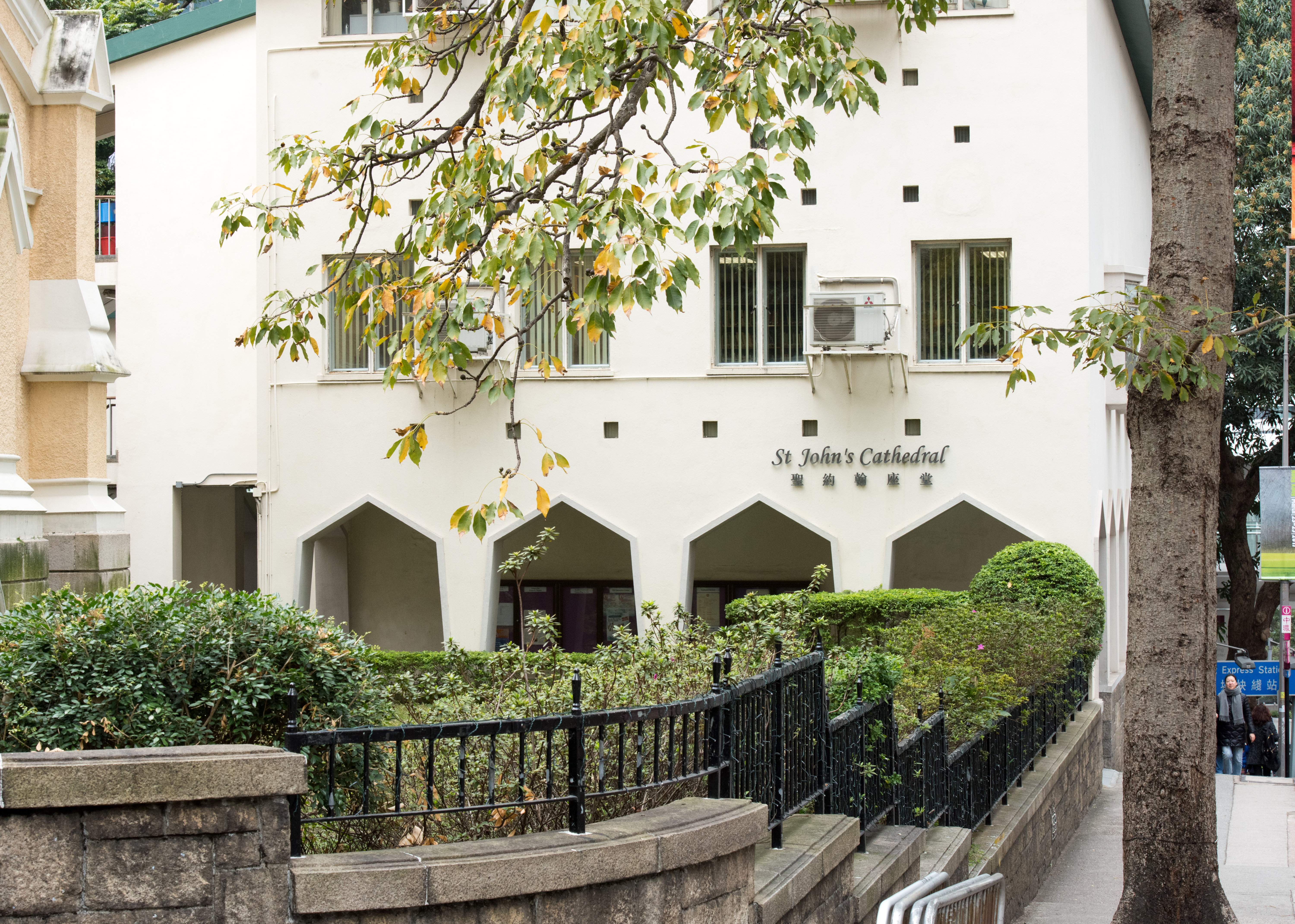Where are you from and how long were you in Hong Kong, and now the UK?
I am from the UK but moved to Hong Kong in April 2000 when my husband was offered a job in Hong Kong and we jumped at the opportunity to experience life in a different country. I moved back to the UK during the course of 2015/2016 when our daughter moved to the UK to complete her last two years of education there.
How did you get involved with HELP? What is your background, what were you doing before HELP?
I read a request for help at HDH (as it then was) in the St. John's Cathedral pew sheet and started as a volunteer. I was then invited to join the Board in 2005 by the then Chair, Pamela Endicott. Prior to Hong Kong and HELP, I had practised at the Bar for a few years and then joined the UK Government Legal Service where I worked in the office supporting the civil Court of Appeal in London, moving on to the Ministry of Agriculture, where I advised on the law relating to the Common Agricultural Policy in the UK.
What is your role at HELP?
I am currently a member of the Board but have to join the meetings via skype or equivalent early in the mornings for me, as I am now in the UK. I cannot do a great deal for HELP apart from attend Board meetings and provide advice via email now but I have volunteered for many years, been on the Board and chaired the Board in the past.
Tell us about your first encounter with a domestic worker?
Sadly it is such a long time ago now, I cannot remember my very first encounter with a client. However, I was fortunate enough to have the help of three very loyal workers at home over the course of my 16 years in Hong Kong. I do remember my first experience of Sundays in Central when so many workers have their day off and the sound of the chattering of workers as so many caught up with friends and family. It is like the sound of a flock of very busy birds!
Why do you feel supporting domestic workers, and HELP, is so important?
Domestic workers provide an invaluable service to our society: they enable women to go out to work, they are entrusted with our children and elderly relatives, they have purchasing power and so they contribute directly and indirectly to our economy and should be treated with the respect that all citizens deserve. There are many domestic workers who are valued and appreciated but there are also some who are not and some who suffer badly at the hands of abusive employers and exploitative agencies. In theory, domestic workers enjoy equal rights under the law of Hong Kong, but the reality is that their immigration status can mean that access to justice can be extremely difficult for workers when things go wrong. Domestic workers are in a position of vulnerability, often compelled to look for work abroad in a country where they may not speak the language, where they have no knowledge of the laws and legal systems of that country and where those from whom they might reasonably expect to provide help and advice, in fact, do not do so. Workers often stay in these exploitative situations for a long time because of the need to support their families back home and many suffer in silence. The abuse generally goes on behind closed doors and it can be extremely difficult for them to access advice and help. HELP provides an invaluable service to a group of people who are often marginalised in our society.
From your work with HELP, what are some of the issues domestic workers face in Hong Kong?
There are many issues! Workers often encounter poor employment and living conditions, abusive and exploitative treatment, discrimination, an immigration system that makes it very difficult for them to seek legal redress when things go wrong, for example, the imposition of the 14 day rule, being far away from home and family, debt issues often caused by the recruitment process and by employers who manipulate their workers' wages.
What advice do you have for domestic workers who are being mistreated?
Seek advice as soon as you can from a reliable source!
What do you wish the public knew about domestic workers in Hong Kong?
More about the rights and responsibilities of both employers and workers. We focus also on bad news stories in the press and it is too easy to overlook the positive contribution that domestic workers make to our lives.
What’s the best way to start a conversation with someone who doesn’t understand some of the issues domestic workers face?
As a lawyer, my first duty is always to the law and it is worth dropping this into any conversation about workers' rights and the issues that many face. The law can be challenging as well as creative and, while it is trite to say so, no-one is above the law. HELP just tries to ensure that workers have equal access to justice as other citizens.
What do you enjoy doing in your free time?
I enjoy reading and music and good food! I also like/need to stay fit, so I run and am very keen (my family would say obsessively so) on the park run movement.

